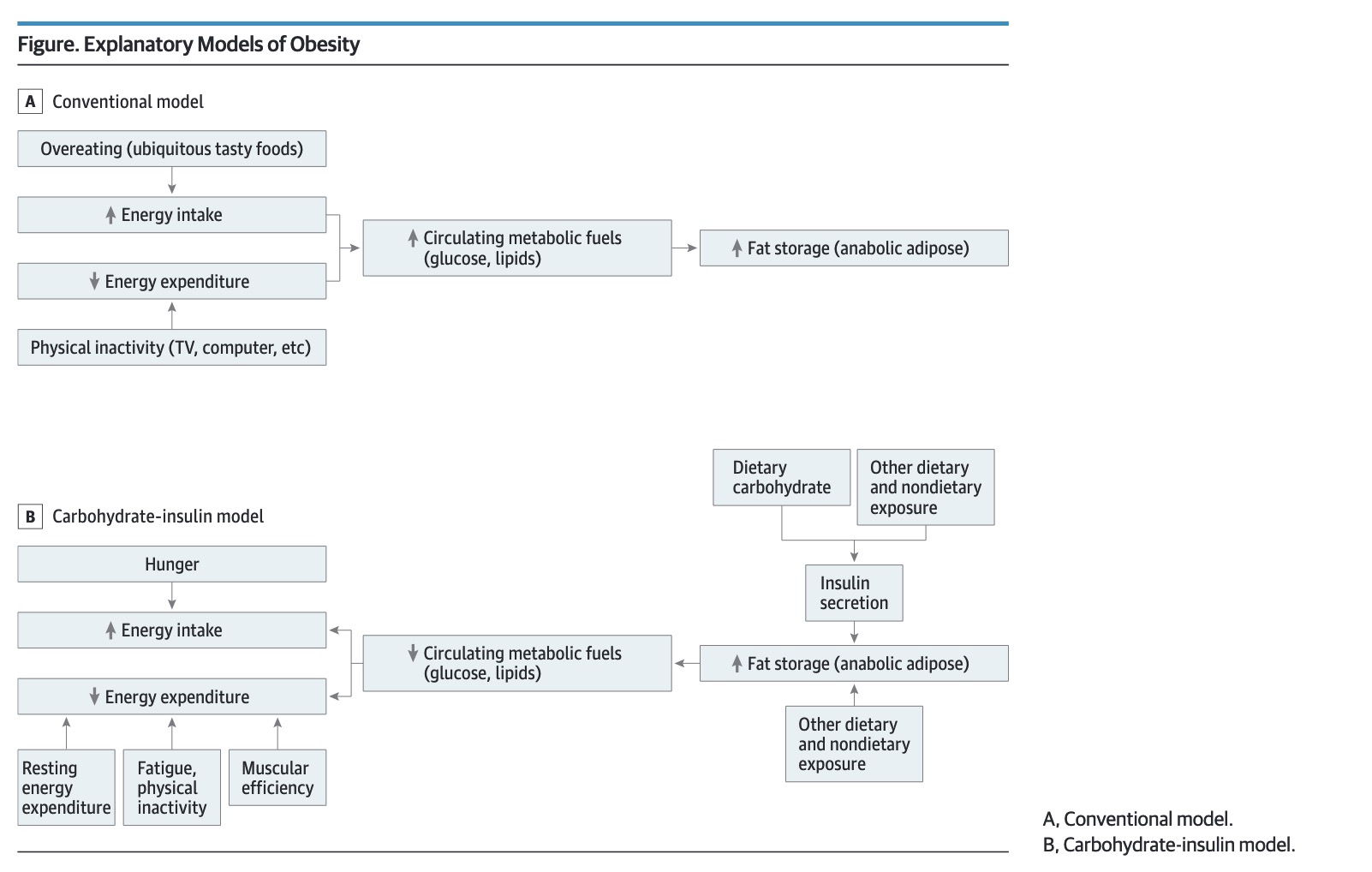10
you are viewing a single comment's thread
view the rest of the comments
view the rest of the comments
this post was submitted on 10 Jul 2025
10 points (91.7% liked)
Metabolic Health
51 readers
1 users here now
A place to discuss metabolic health research, papers, talks, etc.
This topic can touch upon many people's personal triggers, so please be civil.
Rules
- Be nice
- Stay on topic
- Don't farm rage
- Be respectful of other diets, choices, lifestyles!!!!
- No Blanket down voting - If you only come to this community to downvote its the wrong community for you
The banner poster in high resolution can be found here
founded 1 month ago
MODERATORS

This makes me think about the slime mold potato diet
What is the link? Potatoes have lots of carbohydrates, so they would be an example of a insulinogenic type of food
It was an informal, internet based, citizen science research project* exploring obesity that recruited people to try to eat 95% of their calories from potatoes for 4 weeks.
They found that a lot of people lost weight and made some hypothesis about potassium and lithium. They did a six month follow up survey and most of the participants gained back close to their original baseline.
*The ‘potato diet’ hypothesis predates the blog collective but it’s how I heard about it.
slimemoldtimemold.com/2022/07/12/lose-10-6-pounds-in-four-weeks-with-this-one-weird-trick-discovered-by-local-slime-hive-mind-doctors-grudgingly-respect-them-hope-to-become-friends/
Oh yeah, the rice diet, the mcdougall diet, the potato diet, and of course the sugar diet all have common mechanism of action:
From what I've read they work by two mechanisms
All of these interventions come with elevated insulin levels, which isn't great for health.
I should also add fasting uses the same mechanisms, and much like fasting none of these interventions provides adequate human nutrition for long term survival.